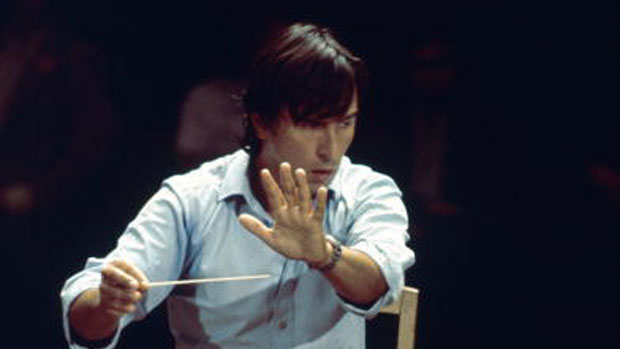Claudio Abbado: 'world's greatest conductor' dies at 80
Italian maestro who led the LSO and the Berlin Philharmonic made concerts 'life-changing events'

A free daily email with the biggest news stories of the day – and the best features from TheWeek.com
You are now subscribed
Your newsletter sign-up was successful
CLAUDIO ABBADO, the Italian conductor who has died aged 80, gave concerts that were "life-changing events", writes Tom Service in The Guardian.
The renowned maestro, who wielded his baton at La Scala and was principal conductor for the London Symphony Orchestra (LSO), died in Bologna after a long illness, his spokesman said. Abbado, who was appointed senator for life in Italy last year, had cancelled several recent performances and appearances due to ill health, the BBC reports.
Abbado's power was undiminished even in later life, writes Service, when he gave concerts with his Lucerne Festival Orchestra, an ensemble he formed in 2003. They included "unforgettable, utterly shattering performances of Schubert's Unfinished Symphony and Bruckner's Ninth" in which the conductor "took orchestral music into a new realm of possibility and experience".
The Week
Escape your echo chamber. Get the facts behind the news, plus analysis from multiple perspectives.

Sign up for The Week's Free Newsletters
From our morning news briefing to a weekly Good News Newsletter, get the best of The Week delivered directly to your inbox.
From our morning news briefing to a weekly Good News Newsletter, get the best of The Week delivered directly to your inbox.
Abbado was born in Milan in 1933 and studied piano, composition and conducting at the city's Conservatory. He made his debut at La Scala in his hometown in 1960, later serving as its musical director from 1968 to 1986.
He became principal conductor of the Vienna Philharmonic in 1971, and served as the conductor for the Vienna State Opera from 1986 to 1991. Abbado also lead the LSO and the Berlin Philharmonic.
Writing in the Daily Telegraph, Damian Thompson calls Abbado "the world's greatest conductor". He says his death is "wretched news" and advises readers to listen to "the opening bars of Mahler's Ninth" to hear the "fluidity" of the Italian's direction.
The great paradox about Abbado, writes Andrew Clark in the Financial Times, was "how someone so uncommunicative in rehearsal and in private could open up such powerful lines of communication in performance".
A free daily email with the biggest news stories of the day – and the best features from TheWeek.com
Abbado was the opposite of a "domineering careerist", yet reached the pinnacle of a profession notorious for its "big egos", writes Clark. He did so "not by seeking to command people but by putting the music and his command of it at the forefront of his priorities."